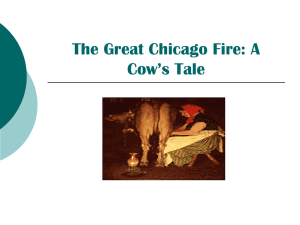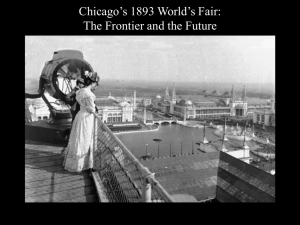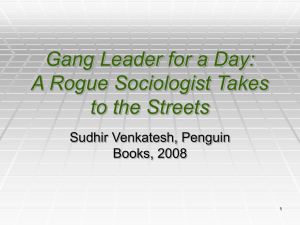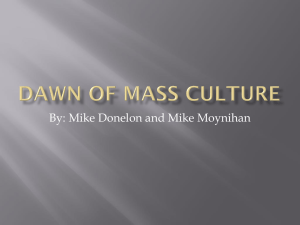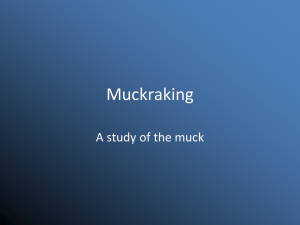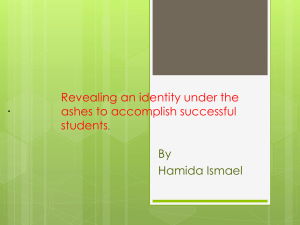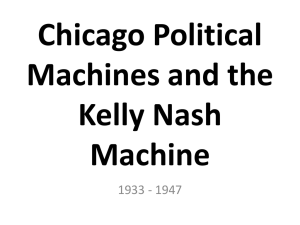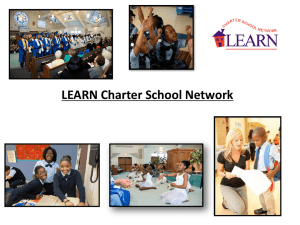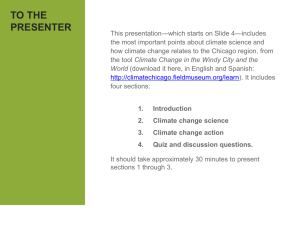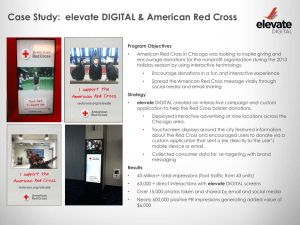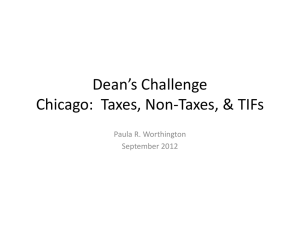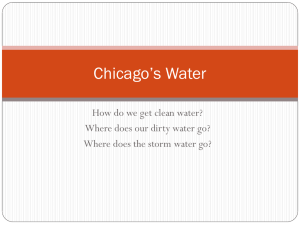Health and wellness
advertisement
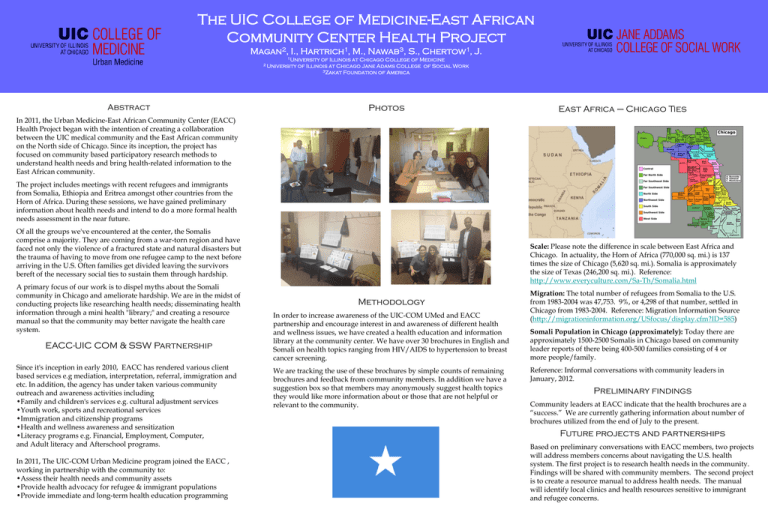
The UIC College of Medicine-East African Community Center Health Project Magan2, I., Hartrich1, M., Nawab3, S., Chertow1, J. 1University of Illinois at Chicago College of Medicine 2 University of Illinois at Chicago Jane Adams College of Social Work 3Zakat Foundation of America Abstract Photos East Africa – Chicago Ties In 2011, the Urban Medicine-East African Community Center (EACC) Health Project began with the intention of creating a collaboration between the UIC medical community and the East African community on the North side of Chicago. Since its inception, the project has focused on community based participatory research methods to understand health needs and bring health-related information to the East African community. The project includes meetings with recent refugees and immigrants from Somalia, Ethiopia and Eritrea amongst other countries from the Horn of Africa. During these sessions, we have gained preliminary information about health needs and intend to do a more formal health needs assessment in the near future. Of all the groups we've encountered at the center, the Somalis comprise a majority. They are coming from a war-torn region and have faced not only the violence of a fractured state and natural disasters but the trauma of having to move from one refugee camp to the next before arriving in the U.S. Often families get divided leaving the survivors bereft of the necessary social ties to sustain them through hardship. A primary focus of our work is to dispel myths about the Somali community in Chicago and ameliorate hardship. We are in the midst of conducting projects like researching health needs; disseminating health information through a mini health "library;" and creating a resource manual so that the community may better navigate the health care system. EACC-UIC COM & SSW Partnership Since it's inception in early 2010, EACC has rendered various client based services e.g mediation, interpretation, referral, immigration and etc. In addition, the agency has under taken various community outreach and awareness activities including •Family and children's services e.g. cultural adjustment services •Youth work, sports and recreational services •Immigration and citizenship programs •Health and wellness awareness and sensitization •Literacy programs e.g. Financial, Employment, Computer, and Adult literacy and Afterschool programs. In 2011, The UIC-COM Urban Medicine program joined the EACC , working in partnership with the community to: •Assess their health needs and community assets •Provide health advocacy for refugee & immigrant populations •Provide immediate and long-term health education programming Scale: Please note the difference in scale between East Africa and Chicago. In actuality, the Horn of Africa (770,000 sq. mi.) is 137 times the size of Chicago (5,620 sq. mi.). Somalia is approximately the size of Texas (246,200 sq. mi.). Reference: http://www.everyculture.com/Sa-Th/Somalia.html Methodology In order to increase awareness of the UIC-COM UMed and EACC partnership and encourage interest in and awareness of different health and wellness issues, we have created a health education and information library at the community center. We have over 30 brochures in English and Somali on health topics ranging from HIV/AIDS to hypertension to breast cancer screening. We are tracking the use of these brochures by simple counts of remaining brochures and feedback from community members. In addition we have a suggestion box so that members may anonymously suggest health topics they would like more information about or those that are not helpful or relevant to the community. Migration: The total number of refugees from Somalia to the U.S. from 1983-2004 was 47,753. 9%, or 4,298 of that number, settled in Chicago from 1983-2004. Reference: Migration Information Source (http://migrationinformation.org/USfocus/display.cfm?ID=585) Somali Population in Chicago (approximately): Today there are approximately 1500-2500 Somalis in Chicago based on community leader reports of there being 400-500 families consisting of 4 or more people/family. Reference: Informal conversations with community leaders in January, 2012. Preliminary findings Community leaders at EACC indicate that the health brochures are a “success.” We are currently gathering information about number of brochures utilized from the end of July to the present. Future projects and partnerships Based on preliminary conversations with EACC members, two projects will address members concerns about navigating the U.S. health system. The first project is to research health needs in the community. Findings will be shared with community members. The second project is to create a resource manual to address health needs. The manual will identify local clinics and health resources sensitive to immigrant and refugee concerns.
